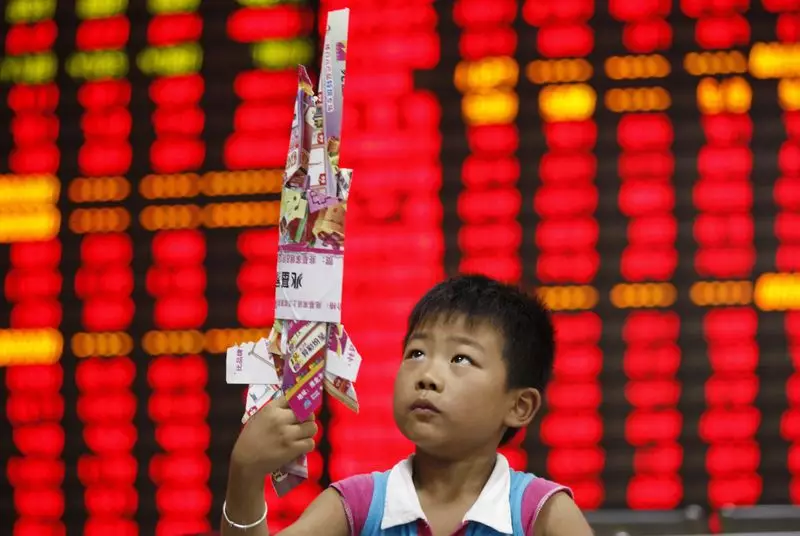In recent months, the investment landscape in Asia has grown increasingly uncertain, reflected in a significant pullback in confidence among investors. According to the latest Asia Fund Manager Survey conducted by Bank of America, investor sentiment has been dampened by the unclear policies of Donald Trump’s administration, as well as the unpredictable economic recovery experienced by China. The survey, conducted between January 10 and January 16, 2025, collected insights from 214 fund managers overseeing assets totaling $576 billion. This survey reveals critical shifts in regional preferences and economic forecasts concerning the Asia-Pacific region, excluding Japan.
The findings of the survey indicate a notable decline in the economic outlook for the Asia-Pacific region. Only 3% of respondents foresee an economic weakening in the coming 12 months, representing a concerning trend, as this sentiment reflects the lowest growth optimism witnessed in two years. Moreover, profit expectations have recalibrated to align more closely with historical averages, marking a shift from the highs noted in October. The consistent worries surrounding valuation metrics persist, pointing to an overall cautious approach among investors.
The decline in optimism is starkly pronounced in China, where merely 10% of investment professionals express positive expectations for economic improvement—a substantial decrease from the 61% recorded just a few months earlier. Investor patience is being tested amid lackluster market recoveries and a surge in bearish sentiment toward Chinese equities, which now sits at nearly all-time highs. Such a landscape has led many fund managers to hesitate in increasing their exposure to China, citing factors like household cash hoarding and unpredictable policy outcomes as central deterrents.
Contrasting sharply with the sentiment in China, Japan has emerged as a beacon of optimism within the region. Approximately 20% of survey respondents predict double-digit returns for Japanese equities in 2025, attributing this positive outlook to anticipated corporate earnings growth and a stable macroeconomic environment. In particular, the semiconductor sector stands out as a primary area of investment preference, indicating a broader trend where sectors such as banks and consumer staples are also favored. Conversely, sectors like real estate and materials lag behind, suggesting a need for caution and strategic allocation for investors navigating through this varied landscape.
Given the current uncertainties stemming from uneven economic recoveries and geopolitical tensions, global investors are advised to approach the Asian markets with renewed caution. The need for strategic positioning is more essential than ever to withstand forthcoming volatility. As investors weigh various factors influencing different markets, the differentiation in sentiment between China and Japan serves as a crucial lesson in recognizing potential pitfalls and opportunities in a complex investment environment. The road ahead will likely require adaptive strategies as investor sentiment continues to evolve in response to global developments.

